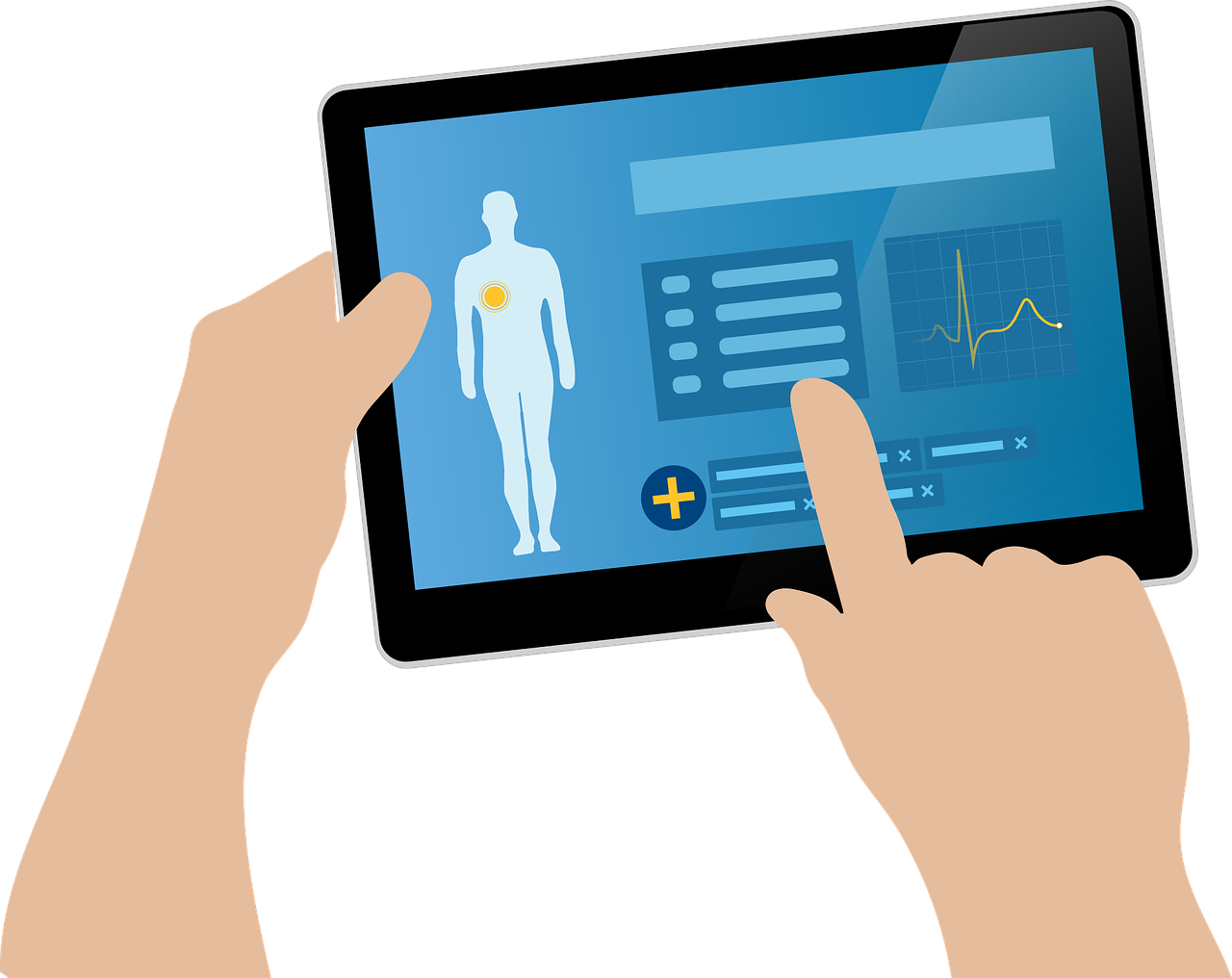The medical community is becoming more concerned regarding cybersecurity as medical records are regularly being digitized. A woman died on September 9, 2020, as a result of a cyber-attack on a hospital in Düsseldorf, Germany. This was the first recorded case of death as a result of a cyber-attack, demonstrating that such attacks are no longer only a threat to your data, but also to your lives. In January 2021, 17 organizations revealed to HHS that data breaches had affected 906,071 individuals. Some types of cyber-attacks have increased by 600% during the current pandemic. So it is quite clear that cyber-attacks on medical devices and hospital networks have now become more common.
Doctors, clinics, and hospitals are being pushed by the federal government to adopt electronic medical records (EMRs), also known as electronic health records (EHRs). Going digital has many advantages, but these advantages can be overshadowed by the threat of hackers. Hackers are increasingly going after this huge database of medical information and selling it on the black market. They also do it to obtain prescription medications or medical equipment illegally. In addition, unlike the financial industry, many healthcare organizations are ill-equipped to deal with hacking threats. The healthcare system is still unprepared to avoid the unintended loss or disclosure of your medical information. The entire thing is so difficult for consumers and there is so little you can do about it at the end of the day. The Data Protection act, which is a federal law, grants you rights to your health records and defines rules and limitations on who can use and receive it. The Privacy Rule covers all forms of protected health information held by persons, whether electronic, written, or oral. The Security Rule is a federal law that mandates the security of electronic health information.
Questions you should be asking your provider about your information.
Doctors need access to your records in order to make critical, time-sensitive decisions about your health care. You do, however, have the right to choose how and when they may view or share your medical information. Covered entities, such as health insurers and providers, must respect your right and you should be asking them:
• To view and get a copy of your medical records.
• To make corrections to your health information (if required).
• To provide a notice explaining how the health records will be used and shared.
• To make a decision on whether you want to give your permission for your health records to be used or shared for specific reasons, such as marketing.
• To get a detailed report on when and why your personal health information was shared for specific reasons.
You can file a complaint with the provider or health insurer if you feel your rights are being violated or your health information is not being protected. You should become familiar with these essential rights, which will support you in protecting your health information. You should ask about your rights with your provider or health insurer.
To protect your privacy in a world where you no longer retain control of your data, you must obfuscate health data, penalize health data misuse, and increase clarity over who shares our data and for what reasons. Changing privacy laws is probably the most effective techniques, but it is also the most difficult. When an individual’s confidential health information is breached, only the government can bring a claim. To file a federal claim, you must first contact the Office of Civil Rights at the U.S. Department of Health and Human Services. You may be able to sue under state law and use the violation of your HIPAA rights as evidence in your case. Some patients who are especially concerned about their privacy may request that health-care providers sign a nondisclosure agreement that allows them additional claims and the ability to sue directly if their privacy is breached.
Still have questions about your HIPAA rights or health information security, we are here to help! Our data security Eggsperts are highly eggsperienced in healthcare IT security and are standing by to answer your questions.
Call us today at (760) 205-0105 or email us with your questions!


0 Comments